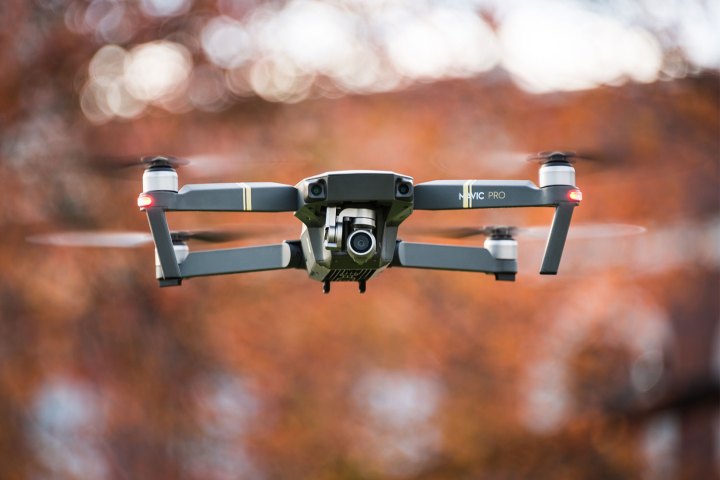
Obtained by the Press Association following a recent Freedom of Information request, the police data shows drone-related complaints hit 3,456 in 2016, nearly triple that of the 1,237 complaints logged a year earlier. And in 2014, when drone ownership numbers were relatively small, a mere 283 complaints were made.
The data included a broad range of incidents, from neighbors complaining that others were using drones to spy on them in their backyards, to reported near-misses with passenger jets flying close to major airports, with 59 such cases brought to the attention of the authorities in the last 12 months alone.
Some of the incidents describe criminals using the camera-equipped machines to “scope out” properties ahead of a potential burglary, while others have been attempting — and in some cases succeeding — to fly contraband to prison inmates. One guy threatened to shoot down a drone with an air rifle, while another complained that his neighbor was flying one of the machines “just to annoy [him].”
Commenting on the data, David Dunn of Birmingham University told the Associated Press that the technology was impacting privacy in a big way. “Previously you had a hedge, you had a wall and you could do whatever you wanted in your garden without people disturbing you. That has changed because of drones,” Dunn said.
He added that burglars are “using them to fly behind properties to see if the lights are on, to see what sort of French windows they have or whether there are windows open” before deciding whether to enter a property.
Lawmakers are currently considering whether to implement a registration scheme forcing all U.K.-based drone owners to add their machine and personal details to a national database, similar to the one launched by the Federal Aviation Administration at the end of 2015. It’s believed such a scheme would encourage more responsible flying while helping the authorities to identify an owner in the event of a complaint or serious incident.


